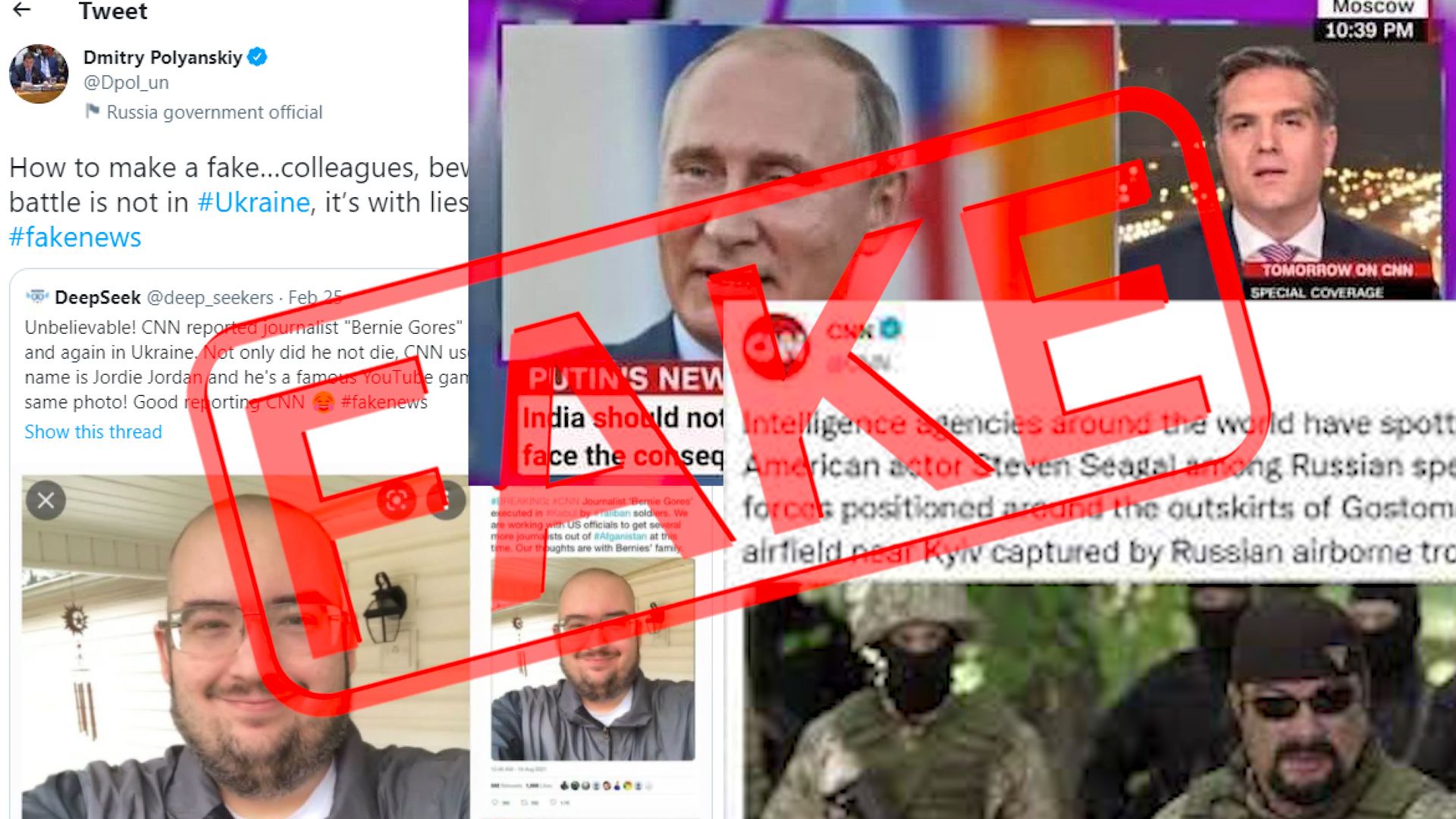A concept that I found interesting to learn about from the other Each One Teach One presentations was about the rise of propoganda. Propaganda is the effort to manipulate other's beliefs, attitudes, or actions by means of symbols such as words, gestures, articles, and banners. Propaganda is used to influence or persuade an audience to encourage certain perceptions of people or ideas. The concept of propaganda dates all the way back to ancient times but it became more well-known during WWI and WWII. Propaganda is still used today and still has relevance in our society.
Propaganda was always a topic that was mentioned briefly in my high school history and sociology classes. But, I feel like taking the time to go further into depth in this presentation really helped me envision how much of an impact it truly had, especially during the war. Especially during a time where there was no technology or social media available to share mass media and news, the use of propoganda especially through posters and flyers was the best and most efficient way to share a message.
Propaganda can mainly be found in the news, journalism, advertising, entertainment, education, activisim, and through the government. It can be used in political campaigns, public relations, diplomatic negotiations, legal arguments, commercial advertising, and collective bargaining. One of the most popular examples of propoganda is the "We Can Do It!" poster. According to the Library of Congress, "Rosie the Riveter came to be a symbol of all women working in the war industries in World War II," (Working Women and World War II). This form of propaganda was revolutionary during its time period because it was promoting women doing men's work while they were away fighting in the war. Even though women were doing this because of the absence of men, women were finally given the opportunity to be treated equally, especially in the workforce. Even decades later, this form of propaganda still holds so much meaning and is one of the most famous forms of propoganda all throughout history.
Propaganda is usually targeted towards a specific group of people. This could either be at a local, national, or global level. The most relevant examples of propoganda we have seen in today's society is from the Russian and Ukrainian War. Each country has tried to change people's perception on the war and they have done this by creating stories under the impression that one country is better than the other. This can lead to sharing fabricated news stories and false information all over the news. All throughout this war, there were false claims spread by both pro-Russian and pro-Ukrainian activists. A very popular example was Ukrainians stating that Russians threw bombs to the "Ukrainian headquarters", which caused a lot of chaos and confusion when posted on the internet for millions of people to see. This piece of information can skew the reader's views on each country participating in the war, whether the information is accurate or not.
However, sometimes people end up questioning the success that comes from propaganda. According to Facing History, "[propaganda] validates beliefs people already hold," (The Impact of Propaganda). People tend to believe propaganda is only successful when it focuses on topics that people already have positive views on, rather than persuading them to change their whole set of ideas. Propaganda can be known for destroying any alternative perceptions or understandings we may have created over a specific topic. There are instances where propaganda makes individuals feel like they all need to have the same views and it can be seen as wrong for having a differing opinion from everyone else.
Even though it can be hard to tell whether or not propaganda truly sways the opinions of U.S. citizens, propaganda can play a large role in the policies and thought processes that come from the government. The government releases powerful propaganda messages to the public as an aggressive way to articulate specific goals and strategies to receive support. Because of this, especially during the rise of propaganda usage during World War II, the government was able to recruit some of the nation's strongest artists, filmmakers, and intellectuals to their cause.







No comments:
Post a Comment